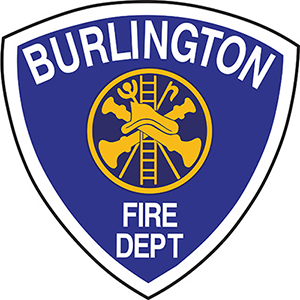Your BFD is working hard to better educate everyone about Carbon Monoxide (CO). To that end, we have partnered with SBFD and Williston FD to produce a series of PSA's.
Carbon Monoxide (CO), often called the silent killer, is an invisible, odorless, colorless gas created when fuels burn incompletely. Extremely high levels of poisoning can be fatal, causing death within minutes.
Safety Tips
-
Install CO alarms inside your home to provide early warning of carbon monoxide.
-
CO alarms should be installed in a central location outside each separate sleeping area and on every level of the home and in other locations where required by applicable laws, codes or standards. For the best protection, interconnect all CO alarms throughout the home. When one sounds, they all sound.
-
Follow the manufacturer's instructions for placement and mounting height.
-
Combination smoke and CO alarms must be installed in accordance with requirements for smoke alarms.
-
Choose a CO alarm that has the label of a recognized testing laboratory.
-
Test CO alarms at least once a month; replace them according to the manufacturer's instructions.
-
If the audible trouble signal sounds, check for low batteries. If the battery is low, replace it. If it still sounds, call the fire department.
-
Have fuel-burning heating equipment and chimneys inspected by a professional every year before cold weather sets in.
-
When using a fireplace, open the flue for adequate ventilation.
-
Never use your oven to heat your home.
-
If you need to warm a vehicle, remove it from the garage immediately after starting it. Do not run a vehicle or other fueled engine or motor indoors, even if garage doors are open. Make sure the exhaust pipe of a running vehicle is not covered with snow.
-
During and after a snowstorm, make sure vents for the dryer, furnace, stove, and fireplace are clear of snow build-up.
-
A generator should be used in a well-ventilated location outdoors away from windows, doors and vent openings.
-
Only use barbecue grills - which can produce CO - outside.
-
Use battery-powered lights in tents, trailers and motor homes and motor boats.
-
If the CO alarm sounds, immediately move to a fresh air location outdoors or by an open window or door. Make sure everyone inside the home is accounted for. Call 911 from a fresh air location and stay there until emergency personnel arrive to assist you.
-
CO alarms are not substitutes for smoke alarms.
For more safety tips, go to www.nfpa.org/education or see our recent PSA work with other Chittenden County Fire Departments here.

